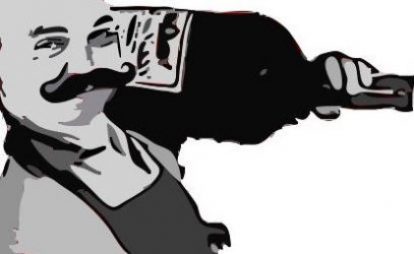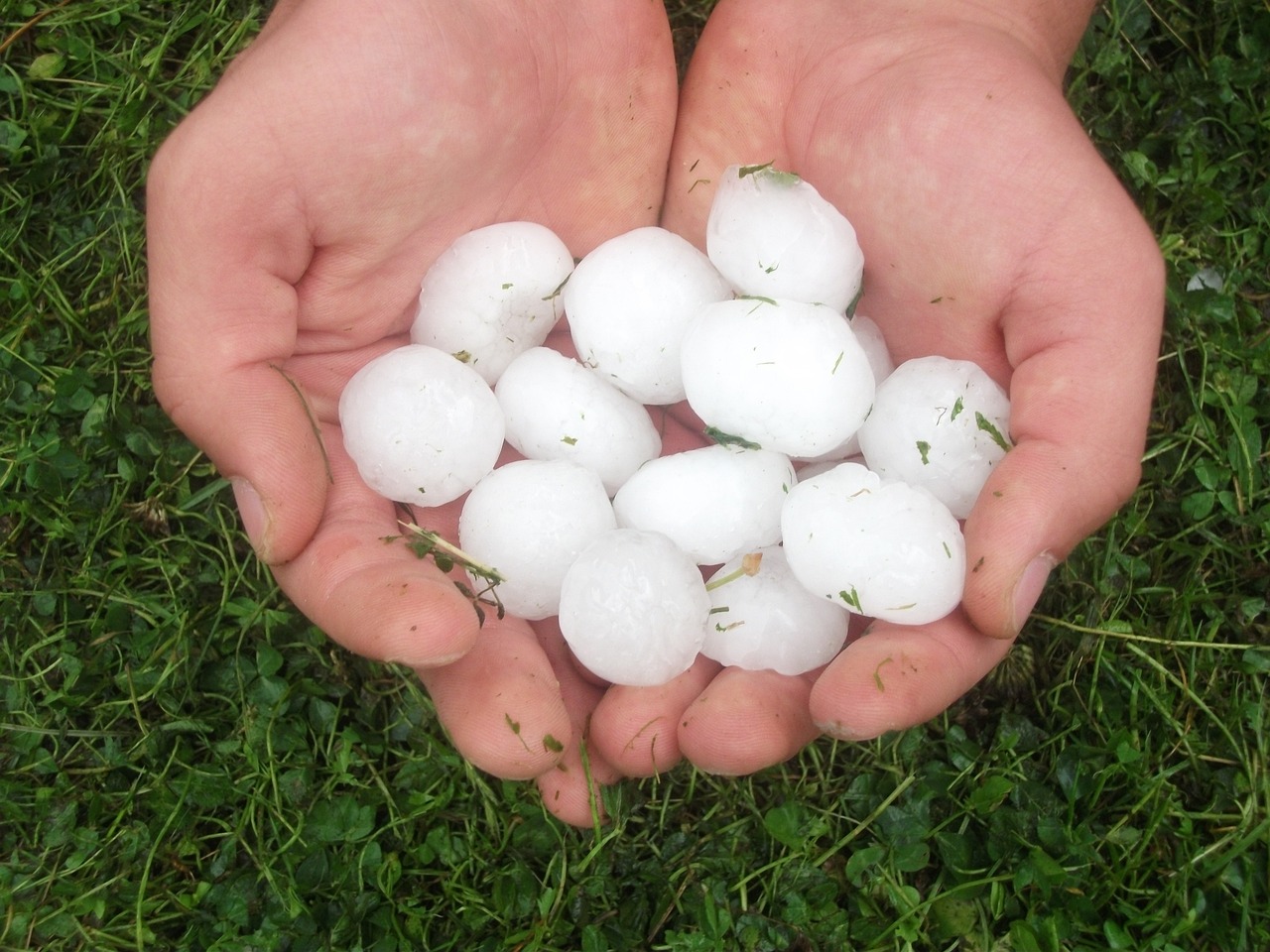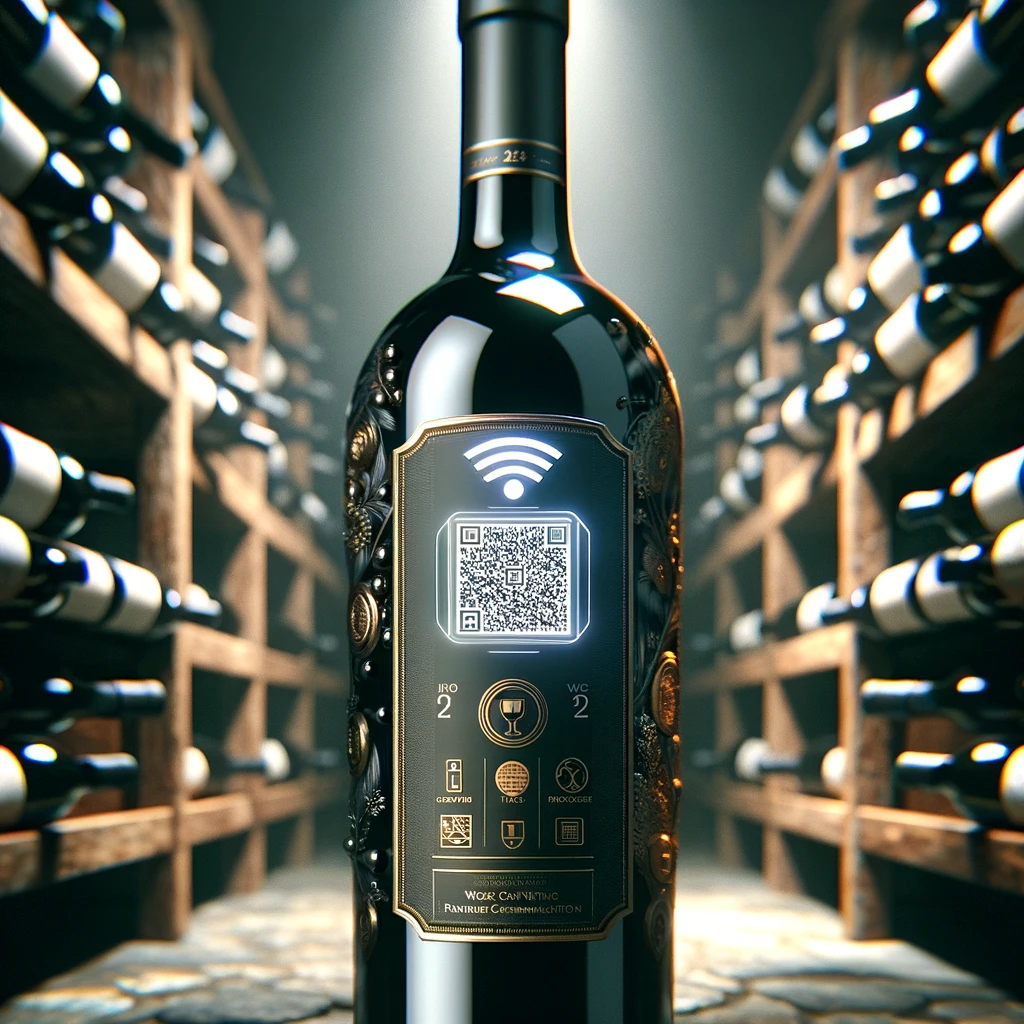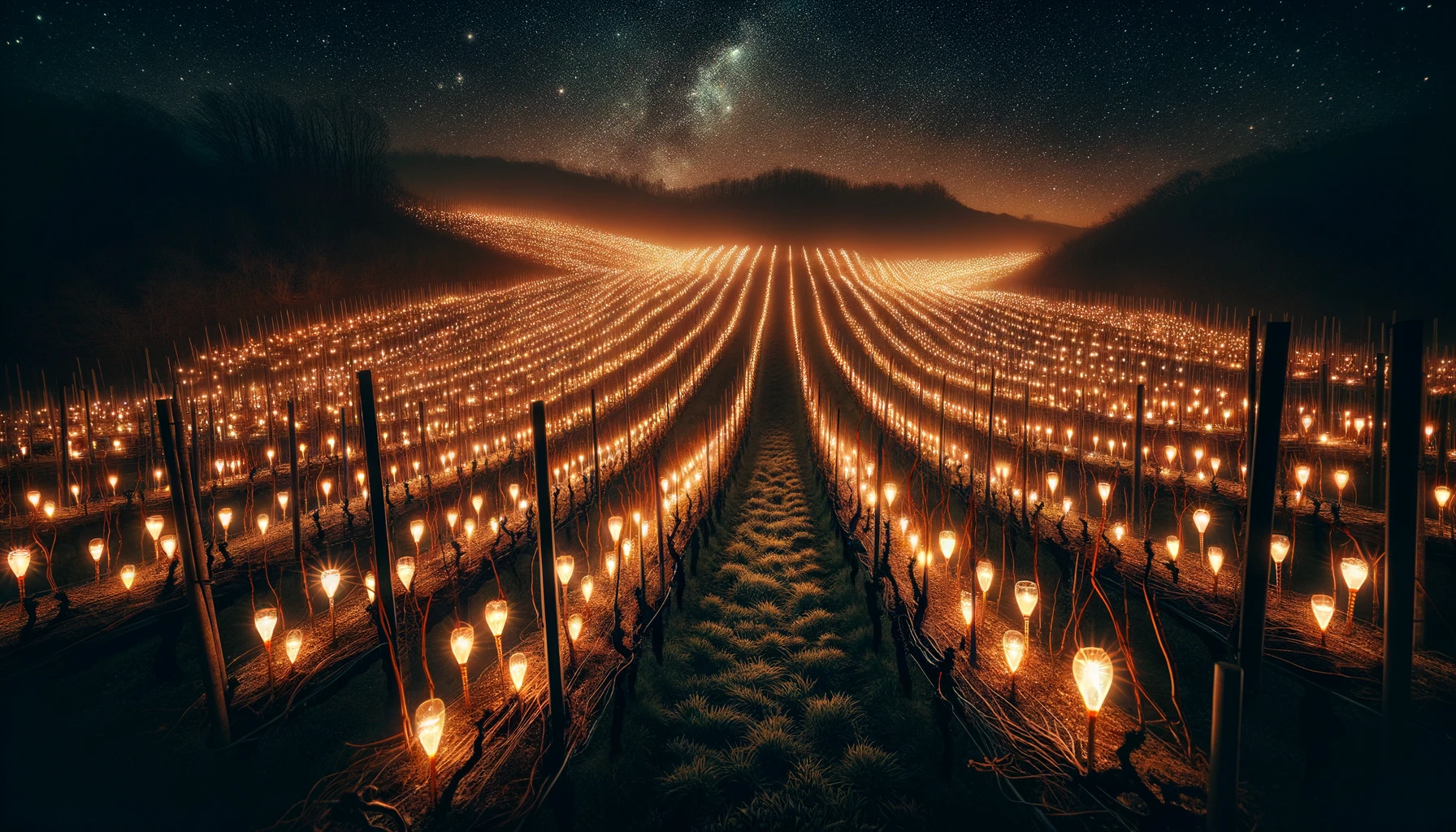Innovation continues to make ripple effects in the wine world, but the big headlines are still made by old wine as we find out in the latest edition of the JollyCellarMaster Weekly:
How to Steal Two-Hundred-Year Old Wine, Tax Freezes, and Semantics
Speak and you will/might be heard
Last week, we lamented the increase in the cost of wine due to inflation and shed a tear for British wine drinkers who are even harder hit. We talked about the upcoming budget that threatened to increase the hefty extra that goes on top of each wine bottle and the calls for the government to freeze alcohol duty – well, guess what! These prayers have been heard and while the UK’s basket of Christmas alcohol is set to cost an all-time high this year, it at least did not get worse: UK chancellor Rishi Sunak announced in his autumn Budget speech a freeze on wine, spirits, beer and cider duties within the current system. And it gets even better: Sparkling wine could benefit from a new, simplified UK alcohol duty system that will be based largely on the strength of drinks.
Well, as good as it sounds – and we are not considering the excessive cost of the existing system for a moment – the details how it is actually going to work are entirely clear yet, so here is a word of caution as the UK government is preparing a consultation on the elements it has already formalized. Hopefully, this will produce the positive results as industry stakeholder already wonder whether the new system will in fact be fairer. For instance, wine is still going to be more expensive in tax terms and the same holds true for spirits like Scotch whisky. At least, the sparkling wine super tax is going to be reduced, though new rates would take effect only from 1 February 2023. Still, time to pop one of those fine English sparkling wine bottles open, don’t you agree?
The Heist of the Century
Picture a two-Michelin-starred restaurant in a small city in the Extramedura region of Spain. Outside in narrow cobbled streets of the historic centre in a picturesque medieval setting, a woman carrying a backpack steps into the building that also houses a small boutique hotel. She shows her Swiss passport and sits down in the hall. Shortly after she is joined by an English-speaking man and the two enter the restaurant for dinner. After enjoying their meal, the couple enquires whether it would be possible to see the restaurant’s famous wine cellar that among its 40,000 bottles also houses some real treasures. Satisfied and impressed by this magnificent tour, the couple checks into the hotel and retire to their room. Later that night the woman rings the reception and asks if it would be possible to order a salad and some dessert. ‘Certainly’, the receptionist on duty replies and gets off to work. Having caused a distraction, the man sneaks down, disables the magnetic locks of the cellar doors and sets out to pick a selected number of priceless and highly sought-after bottles. Undetected he sneaks back into the room and stores the bottles in containers brought along for the robbery. As though nothing has happened, the couple after a seemingly good night of rest checks out and leaves the charming hotel with a total of 45 stolen bottles worth hundreds of thousands of dollars – if you can actually assign a monetary value to something irreplaceable.
What sounds like the synopsis of a classic heist movie is a summary of events that apparently took place last week at the Atrio restaurant and hotel in Caceres, Spain. A couple is said to have used the ruse of dinner and stay to steal several bottles of Romanée-Conti and an 1806 Château d’Yquem, the latter itself valued at approximately $407,000. The bottles are unique and especially the Château d’Yquem is so well known that it won’t sell on a secondary market leading to speculation that the whole affair was ordered by a private collector.
José Polo, co-owner and sommelier of the restaurant-hotel issued a plea to the thieves, saying that he would buy back the bottle, which had been acquired the bottle at Christie’s auction and salvaged by the winemakers at Château D’Yquem in 2001, following a breakage near the neck of the bottle, by transferring the wine to another bottle.
The summary of stolen bottles produced by Polo is more than impressive with 10 Château D’Yquem bottles from the 1806, 1883,1884, 1891, 1899, 1900 and 1901 vintages as well as a bottle of La Tâche 1990and 24 bottles of Romanée Conti the vintages of 1990, 1991, 1992, 1993, 1997, 1989, 1999 2001, 2002, 2003, 2009 and 2012 including several magnums.
According to Polo ‘security cameras show how the man stole the wine and put it into a bag before the couple left the hotel in the morning,’ but with the Spanish authorities investigating much detail remains undisclosed due the ongoing process, but I for my part would be curious to hear more about it.
Wine and NFTs
Blockchain technology keeps taking small steps towards mainstream, mostly visible in the use of cryptocurrencies as Bitcoin and Ethereum, the two most prominent ones reached new all-time highs last week. Blockchain is about much more though and its applications are manifold. This year has seen the latest frenzy in the craze of NFTs. NFT stands for Non-fungible tokens and while they share many similarities with cryptocurrencies, they differ as each NFT is unique while crypto tokens are identical, i.e. my 1 Bitcoin could be interchanged with your 1 Bitcoin and we would still be as happy as before. One specific NFT on the other hand can be significantly more valuable than another.
That’s why people think it could be used for collectible wine as we already explored in our podcast episode with Flavien Darius Pommier some time ago.
Another case for the use of NFTs in the wine industry could now come from Australian producer Dave Powell who is offering his single-vineyard wines from the 2021 vintage for sale via non-fungible tokens.
Powell’s auction via the OpenSea platform launched this week and involves 100 barrels of wines being sold under the Neldner Road brand, the new name for his Barossa Valley-based winemaking operation, which was previously called Powell & Son. For example, a barrel of the 2021 Loechel Shiraz currently requires a minimum bid of 6.95 ETH, the equivalent of $30,764 at current market value. Since the barrel holds about 300 standard 750ml bottles, each bottle would cost you little more than $100 but comes with a range of additional benefits like digital artwork, bottling with free choice of bottle format, personalized labels and more. Does it warrant the premium compared to the prize of previous vintages that sold under the Powell & Son label? I suppose that is in the eye of the beholder as they say…
The Redefinition of Old World.
I’ve recently listened to a podcast that explained that the traditional division of Old World and New World has long been overhauled with Old World winemakers copying the methods of the winemakers from the New World and the latter now looking to apply aspects of the Old World like single vineyard wines and the concept of terroir. If that sentence was a bit too confusing, the bottom line is we should throw this separation out as if it was no longer valid.
Well, if you add to that even the traditional wine making regions like France and Italy, which are at the centre of the Old World definition, are not really old compared to the likes of Georgia, Byzantine or Mesopotamia.
To put this into context, read this piece about archaeologists having excavated the first, and what they believe is the oldest, industrial wine press in northern Mesopotamia dating back more than 2,700 years and coinciding with a sharp rise in wine demand among the ruling imperial elites of Assyria.
Assyria was one of the world’s earliest empires and located in the northern part of Mesopotamia – most of modern-day Iraq, as well as parts of Iran, Kuwait, Syria, and Turkey.
So, what does this mean for our Old World versus New World discussion? Who knows? Potato, potahto, tomato, tomatho? Let’s call the whole thing off!
—
And that’s all for the week but if you have an interesting story to tell or simply want to chat about wine as a guest on the Podcast, connect on Twitter or drop me a line. And if you want to stay in the loop about things happening at the JollyCellarMaster and the world of wine, make sure you sign up to our newsletter.
—
Disclaimer: As always, I’d like to be completely transparent about affiliations, conflicts of interest, my expressed views and liability: Like anywhere else on this website, the views and opinions expressed are solely those of the original authors and other contributors. The material information contained on this website is for general information purposes only. I endeavour to keep this information correct and up-to-date, I do not accept any liability for any falls in accurate or incomplete information or damages arising from technical issues as well as damages arising from clicking on or relying on third-party links. I am not responsible for outside links and information is contained in this article nor does it contain any referrals or affiliations with any of the producers or companies mentioned. As I said, the opinions my own, no liability, just thought it would be important to make this clear. Thanks!




